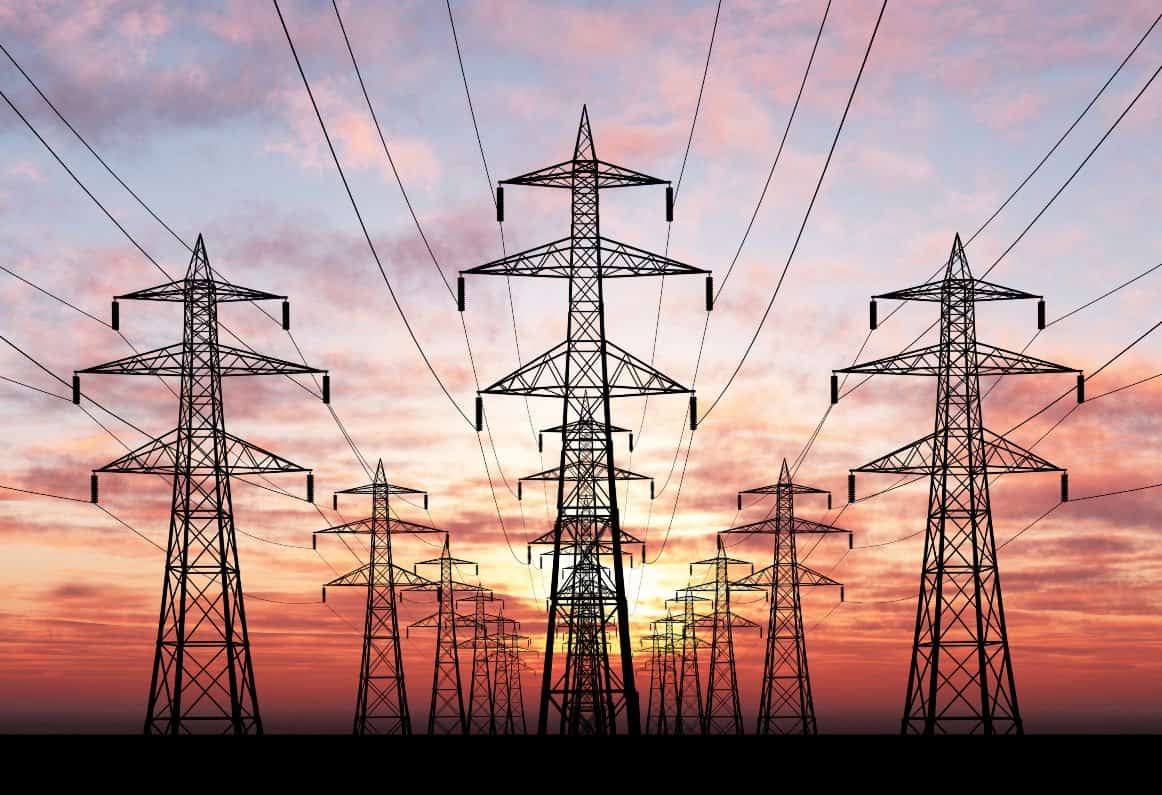The Association of Nigerian Electricity Distributors (ANED) has said information currently being disseminated claiming its members rejected power supplied to them was incorrect.
According to Barr. Sunday Oduntan, Executive Director, Research and Advocacy for the Association of Nigerian Electricity Distributors (ANED), "We ae providing the following information in response to the publication of an article in the Punch newspaper of April 25th, 2022, with the title “DisCos reject 2,495.3MW in one week”
“There were significant periods of low or reduced energy supply nationwide, leading up to the month of April, as a result of the various factors stated by the Honourable Minister of Power, Engr. Abubakar Aliyu, in his Press Briefing of March 16th, of this year. As such, the energy supplied to the distribution end of the value chain has been constrained.
"However, our review of the Transmission Company of Nigeria (TCN)’s System Operator (SO)’s report, relative to the DisCos rejection of 2,495.3 MW in the period of April 2nd through 8th, as specified in the Punch article, would indicate an inconsistency of information. The DisCos nominated a total of 31,825.88 MW for the specified period and received 22,188.54 MW or 70% of the nominated amount - thus, the DisCos did not receive the full value of their nomination. For the same period, only 668 MW of energy was unutilised by the DisCos,” Oduntan explained.
Related Articles
“A further review of the report, for the same period, would indicate that 8,038.70 MW was unutilised or constrained due to gas supply limitations (7,443 MW) and water management issues (595.70 MW),” Barr. Oduntan said.
According to him, “DisCos remain committed to continually improving on electricity supply services based on the energy that is made available to them on the grid on a daily basis. Additionally, we continue to believe that the challenges of the Nigerian Electricity Supply Industry (NESI) can best be resolved with collaboration and alignment of all the interests of the stakeholders versus finger pointing or sensationalist reporting.
"As such, it is important that the reporting of issues in the power sector must be both factual and contextual. It is very easy for the right data to be interpreted within the wrong context, leading to wrong conclusions.”





